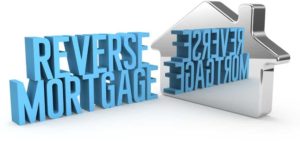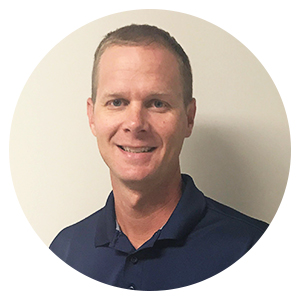Reverse Mortgages
A reverse mortgage, or lifetime mortgage as it is sometimes referred, is usually a loan offered to seniors. It is created for homeowners over 62 years old. It provides them with access to their home’s equity in cash payments. This cash releases money that they will use for other important costs as well as to make needed home repairs.
In general, this sort of mortgage converts home equity into some advantages in different ways. They vary from monthly payments, with an equity line, to one-time payment, or perhaps a combination. The amount you are able to borrow varies in line with your age, the value of your home, current mortgage rates, and loan fees.
If you’re homeowner and 62 years old or older, and you need extra earnings for your retirement years, a reverse mortgage can be a popular option. These are easy to obtain because they do not count on credit scores or income as an element of their qualification process. But before considering this program for yourself, or even for some other relative, you undoubtedly must consider all the pros and cons prior to making your final decision.
Some sources declare that reverse mortgage is really a good idea. They claim that this mortgage could be a source of ready cash as it’s needed, just like other investments. Candidates for these particular mortgages should be thinking about both the pros as well as the cons before jumping in. The question that begs for answer now is what are the pros and cons of reverse mortgages?
Pros of Reverse Mortgages:
- It allows the homeowner to stay in the house permanently.
- It pays off existing mortgages on the property.
- It is very simple to be eligible for because credit history and income will not be considered.
- No monthly premiums are due as long as the homeowner lives in the property.
- The mode of payment for reverse mortgages is very flexible and these include credit line for emergencies, monthly income, lump sum distribution or any mixture of the above
- This mortgage can’t get “upside down” and so the heirs won’t owe more than your house is worth.
- Heirs inherit your house and keep the remainder equity following the balance on the reverse mortgage is paid off.
- Proceeds aren’t taxable.
- Unlike traditional mortgages and home equity loans, the interest rate is quite low.
Cons of Reverse Mortgages:
- It is considered that reverse lenders fail to give seniors the complete story on the subject of cashing out home equity.
- The fees on the reverse mortgage are precisely the same as a regular FHA mortgage but you are higher than a conventional mortgage because of the insurance cost. The largest pricing is: FHA mortgage insurance and Origination fee.
- Although Social Security and Medicare aren’t affected, Medicaid along with need-based government assistance could be affected if excessive funds are withdrawn (instead of spent) within a month.
- They don’t tell you how the front load can be quite high. Front-loading is the term for up front costs that are paid out of the house’s equity at closing. The interest varies as outlined by the market. However, closing cost is significantly higher with reverse mortgages.
- Moreover, the borrowers will still be saddled with the responsibility of paying real estate investment taxes, conventional property insurance, home repairs, and mortgage insurance.
The program is just not well understood by the general public. However, there may be availability of independent reverse mortgage counseling. Before you get linked to a deal for reverse mortgage, be sure you know all the facts, make certain that it will be the best move available for you.
According to HUD, there is a reverse mortgage program called Home Equity Conversion Mortgage (HECM) which is run by FHA and that is considered a safe and secure plan. If you think that such a program can provide you with a great financial benefit on your house, your grandparents or parents homes, you might investigate these programs closer. Just as reverse mortgages is good and beneficial at some points, it also has its disadvantages.












